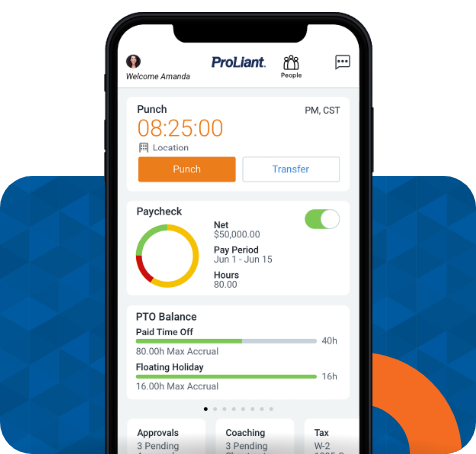As companies complete their Section 6055 and 6056 information reporting under the Affordable Care Act (ACA), it’s time to be on the lookout for notices regarding ACA penalties.
Watch for Notice Letters
According to federal Centers for Medicare and Medicaid Services (CMS), the ACA’s federally facilitated marketplace’s 2016 Employee Notice Program will begin sending batches of notifications to certain employers whose employees received premium subsidies when purchasing health insurance on the marketplace exchange. Employers should be on the lookout for these notification letters; they might be hard to spot because it’s unclear whom they will come from or to whom they will be addressed. They could look like junk mail, and employers don’t want them to get thrown away.
Why Would a Company Get a Letter If It Complied with the ACA?
If an individual calls the Healthcare.gov helpline and attests that his employer failed to provide affordable minimum value coverage, the employee can receive coverage subsidies based on his own statements, whether accurate or not. Uninsured part-time employees, contractors and temps might have received subsidies, claiming to be full-time employees.
Whether obtained by fraud or mistake, when an eligible employee receives subsidies, it brings risk to an “applicable large employer” with 50 or more full-time employees or equivalents, which is subject to the ACA’s shared responsibility mandate to provide health coverage that meets the act’s minimum-value and affordability requirements.
90 Days to Appeal
If an employer receives a notice, the company should act quickly because employers only have 90 days to appeal using the Employer Appeal Request Form, or face the $270/month (in 2016) penalty, multiplied by each full-time employee who enrolls through a public exchange and qualifies for a tax subsidy. Take note that only the IRS can determine whether an applicable large employer is subject to a penalty under Section 4980H(a) or (b) for not providing ACA-compliant coverage.
ACA Retaliation Rules
Employers should carefully consider how to proceed in light of the ACA retaliation rules, which say that a company cannot “discharge or in any manner discriminate against any employee with respect to his or her compensation, terms, conditions or other privileges of employment because the employee (or an individual acting at the request of the employee) has received a credit under the ACA or reported any violation of, or any act or omission the employee reasonably believes to be a violation of the ACA.”
Action Steps
Employers should put a (documented) process in place to put outside counsel or other persons who are not responsible for employee discipline in charge of the notification letters and related appeals in order to help avoid or defeat a later adverse action claim. If an employer can show that the person who made a termination or disciplinary decision did not have knowledge that the employee had received a credit under the ACA or reported any violation of the ACA, that will help the company prove that it would have taken the same adverse action in the absence of the employee’s protected activity.





No Comments Yet
Let us know what you think